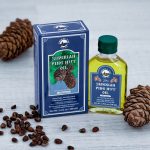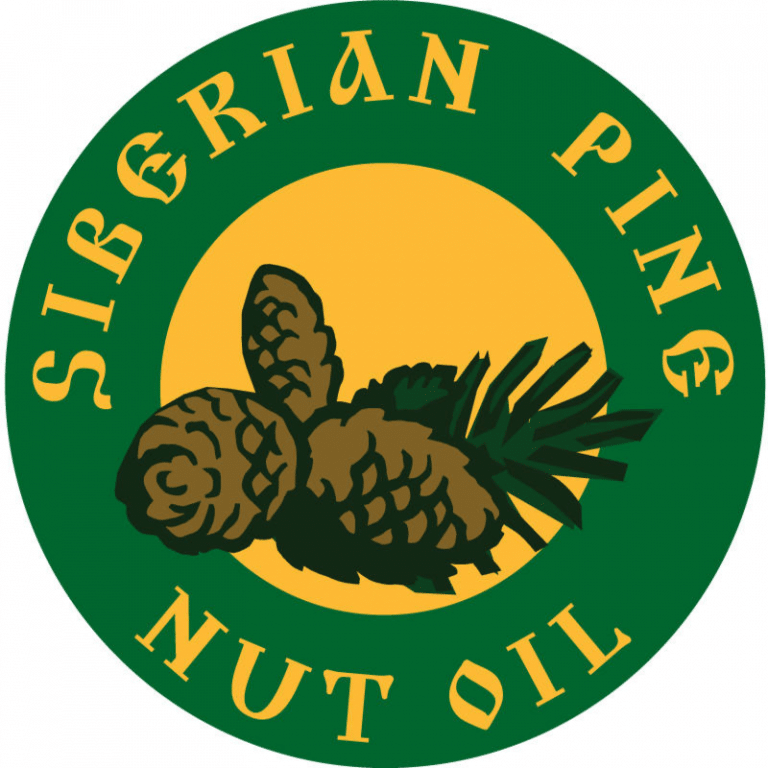The effect of pine nut oil enriched with pine resin on the nasopharyngeal microbiome in chronic ENT diseases

Chronic diseases of the nasopharynx, such as tonsillitis and adenoiditis, affect a significant portion of the population, including all age groups—more than 30% of children aged 3 to 7 suffer from adenoiditis, and about 15% of adults regularly experience recurrent tonsillitis. These conditions are often exacerbated by an imbalance in the microflora and persistent inflammation.

Chronic diseases of the nasopharynx, such as tonsillitis and adenoiditis, are often associated with microflora imbalance and inflammation. Pine nut oil enriched with pine resin, thanks to its components such as pinenes, camphene, and resin acids, demonstrates potential in fighting pathogenic microorganisms and reducing inflammation. This natural remedy can help restore the balance of microflora, reduce swelling, and accelerate the regeneration of mucous membranes, thereby improving the condition of ENT diseases.
How do the components of pine nut oil enriched with pine resin work in ENT diseases?
Pinenes (alpha- and beta-) are terpenes that fight germs and reduce inflammation. They prevent the growth of bacteria that cause prolonged ear, throat, and nose infections, and also help reduce swelling and inflammation of the mucous membranes.
Camphene is another terpene that helps fight germs[2]. It can enhance the effect of pinenes, making them more effective against various types of bacteria and viruses. Camphene also promotes the discharge of phlegm, which makes it easier to breathe when the nasopharynx is congested.
Abietinic acid and neoabietinic acid are the main resin acids found in pine resin extract. They are powerful natural antiseptics capable of destroying the cell membranes of bacteria, disrupting their vital functions. Their action targets a wide range of gram-positive and gram-negative bacteria. In addition, these acids have an anti-inflammatory effect, helping to reduce the activity of immune cells that cause inflammation.
Potential impact on the nasopharyngeal microbiome
The combination of active substances in resin extract creates a synergistic effect that can be very beneficial in chronic ENT diseases.
Suppression of pathogenic flora: pinene, camphene, limonene, and resin acids in pine resin can specifically target pathogenic bacteria and fungi, which are often present in excess in chronic tonsillitis and adenoiditis. This helps restore the natural balance of the microflora, where beneficial bacteria begin to predominate.
Reduction of inflammation: the anti-inflammatory properties of pine resin extract components help to reduce swelling, redness, and pain in the throat and nose. This makes breathing and swallowing easier, improving overall well-being.
Regeneration of mucous membranes: pine resin extract has wound-healing properties. It can help restore damaged tissues of the nasopharyngeal mucosa, which is especially important after prolonged inflammatory processes.
Discover the power of nature in the fight against ENT diseases! Let pine nut oil enriched with pine resin restore your ease of breathing and comfort.
REFERENCES
[1] Therapeutic Potential of α- and β-Pinene: A Miracle Gift of Nature. Bahare Salehi et al
[2] Synthesis and Antiviral Activity of Camphene Derivatives against Different Types of Viruses. Anastasiya S Sokolova et al.
These articles come directly from researchers and are passed on to everybody. siberianpinenutoil.org assumes no liability for any content in these articles. For Educational purposes only. This information has not been evaluated by the Food and Drug Administration. This information is not intended to diagnose, treat, cure, or prevent any disease.

